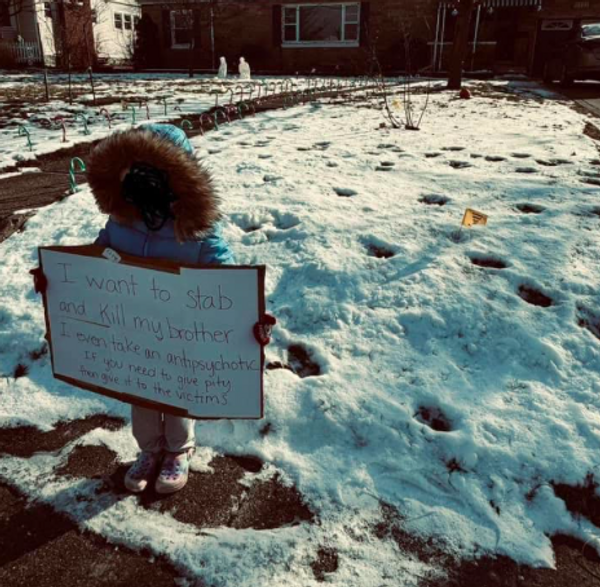
It’s a tough pill to swallow when your sweet seven-year-old turns into a teenage tornado of attitude seemingly overnight.
Big changes are happening during the child development stages up to their early teen years, with mood swings and eye-rolling being common characteristics of the first signs of puberty in boys and girls. Known as the ‘tween years’ (from around eight to 12), it’s a turbulent time for your kids (and you!) when they’re straddling between exploring a new personality and still needing the love and support from their parents.
You’re also evolving through the mental, emotional, hormonal and social experience of motherhood (otherwise known as matrescence) which, you may have noticed, sounds pretty similar to adolescence. During both of these times, changes and hormonal shifts are causing a disruptive transformation in emotional experiences, making you question your sense of belonging in the world. So what do we do when our teen’s behaviour turns harsher than your blaring alarm on Monday morning?
How to quit taking your teen's reactions personally
Parent educator Dr. Vanessa Lapointe appeared on the Women on Top podcast and explained that, when children are increasingly moving towards adulthood, they’re trying to figure out how to make their mark on the world and it’s our job as parents to not become afraid of their craving for independence and instead, suggests this helpful acronym.
“Q-TIP stands for quit taking it personally. Your child’s reaction has nothing to do with you, it's about the final layer around adolescence and because they’re moving towards full independence as a grown up, they’re meant to step away and sometimes in order for the step away to happen, they have to push and you’re left as the parent to deal with your own attachment style while your kid is abandoning you.”
3 tips to embrace your teen’s need for independence
- Open communication: Create a space where your teen feels comfortable expressing themselves. Listen actively, ask open-ended questions and show genuine interest in their thoughts. This builds trust and encourages them to share their desire for independence without fear of judgement.
- Negotiate boundaries: Instead of imposing strict rules, involve your teen in establishing guidelines together. Negotiate boundaries that respect their need for independence while ensuring safety and responsibility. This collaborative approach makes them feel empowered and respected.
- Encourage decision-making: Support your teen in making their own choices and facing consequences. Whether it's picking extracurricular activities or managing their schedule, allowing them to make decisions helps build confidence and prepares them for the responsibilities of adulthood.
Discover why 'teen-ternity leave' is an increasingly popular option for parents of older kids and here are 7 quotes for teens from some of the most inspiring names in the UK.







